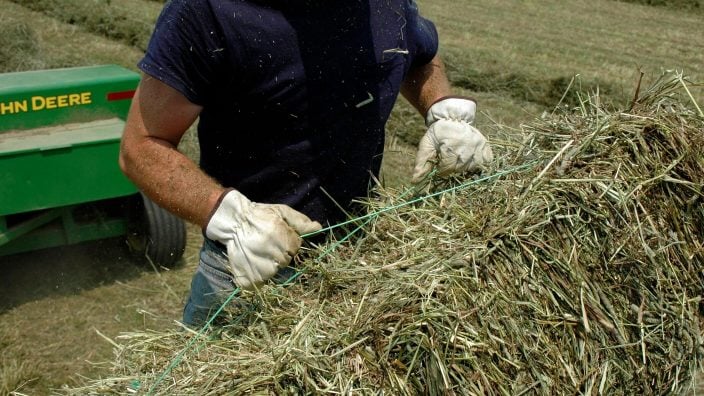Legal with Leah: The questions around data centers
Leah Curtis joins this Legal with Leah to talk about what data centers mean for local communities and how to stay engaged in the development process
Read MoreBack to school time may mean some different limitations on those employees.
As we near the end of summer, farmers may have some high school students or other local kids working for them, but back to school time may mean some different limitations on those employees. On this Legal with Leah Podcast, Ohio Farm Bureau Policy Council Leah Curtis shares what employers need to know about minors in the workforce.
Listen to Legal with Leah, a podcast featuring Ohio Farm Bureau’s Policy Counsel Leah Curtis discussing topics impacting farmers and landowners.
Ty Higgins [00:00:00] There are two new labor resources for members at Ohio Farm Bureau, Farm Labor Intelligence Report and Guide to Finding, Hiring and Retaining Farm Employees. We are also focusing on labor in a series of Legal with Leah podcasts, visiting with Ohio Farm Bureau’s policy counsel Leah Curtis, and Leah we talked about minimum wage in our last conversation, and now we move to minors in the workforce. As we come to the end of summer, farmers may have some high school students or other kids working along with them, but back to school time may mean some different limitations for those employees.
Leah Curtis [00:00:32] So when we’re in that back to school time, as we know, there’s still a lot of farm work that’s happening into those fall months. But once minors are back into school, there are some limitations, particularly around their hours, that employers need to be aware of if they are employing those under the age of 18.
Ty Higgins [00:00:48] Yeah, what are those limitations?
Leah Curtis [00:00:51] So for employees that are under 16 years of age, they should not be employed during school hours before 7 a.m. or after 7 p.m. from Sept. 1 through the month of May. Now, if there’s a school holiday of at least five days, they could work until 9 p.m. They should also not be working more than three hours in a day in a school day, not more than 18 hours a week when school is in session and not more than eight hours on a non-school day and not more than 40 hours per week when school is not in session. So that’s why when you do get to this back to school time, you need to make sure that you’re keeping those hours straight and that those kids that are under 16, you are paying attention to those hours limitations.
Ty Higgins [00:01:30] You mentioned those limitations for under 16. What about those above age 16?
Leah Curtis [00:01:35] So those 16 and 17 that are still required to attend school, they cannot be employed prior to 7 a.m. when school is in session, but they can be employed beginning at 6 a.m. if they were not employed after 8 p.m. the previous night. So there’s a lot of kind of Jenga going on here with all these numbers. They also can’t be employed after 11 p.m. on any night preceding a day when school is in session. So if you do have those 16 and 17-year-olds, you need to make sure that they do have a little bit larger of a window. But again, still during school time, there are those limitations in place.
Ty Higgins [00:02:09] And there are also some requirements regarding the compensation for minors, too.
Leah Curtis [00:02:13] The law requires that an employer will agree with a minor as to their wages and compensation, and you should have written evidence of that agreement. So you should have some sort of document that lays out so that minor knows what they will be paid, what that compensation is going to be. And, you know, this is another thing that’s just a good practice. It’ll help you ensure that your minor employee and probably their parents are really clear on what their wages are going to be and can help clear up misunderstandings before they begin.
Ty Higgins [00:02:42] Important to note as well, there are other child labor requirements both within ag and if you’re not employing kids on the farm.
Leah Curtis [00:02:50] First of all, there is this list of what’s called hazardous occupations that minors generally should not engage in. This is under federal child labor law. So for agricultural employment, that applies to kids under 16. But in other types of employment, those hazardous occupations are going to be things that kids cannot do until they are over the age of 18, until they are no longer minors. So depending on if you are a farm employer, you definitely need to be aware of those. If you are not a farm employer or if you are more of an agribusiness, then you also need to make sure that you are cognizant of what those limitations will be, what things child minor employees cannot do. And then additionally, Ohio law requires that non ag employers of minors do certain paperwork related to a school and age certificate. So we’re always trying to provide you the highlights here. And so we hope this will help you be more aware. But you also want to make sure you look further into these topics and make sure how they apply to your business.
State of Ohio Minor Labor Laws poster


Leah Curtis joins this Legal with Leah to talk about what data centers mean for local communities and how to stay engaged in the development process
Read More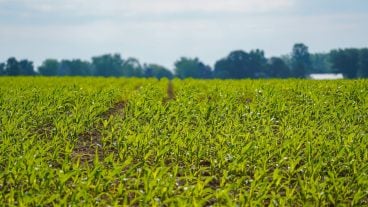
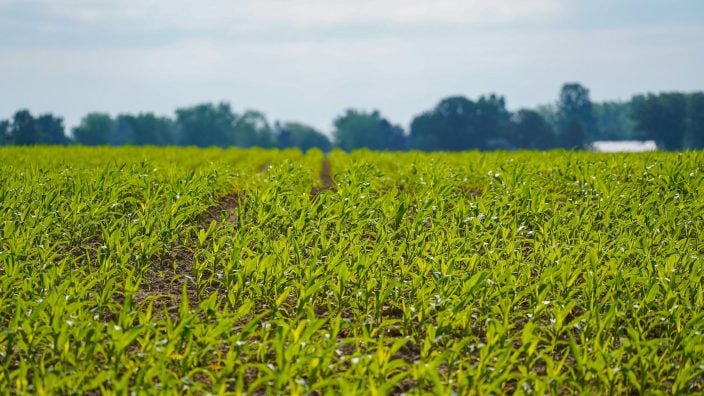
Ohio Farm Bureau advocated for a change in the law to allow family members and employees to handle pesticides while under the supervision of a licensed applicator. The rules around HB 10 are being finalized.
Read More

Four property tax reform bills were signed into Ohio law at the end of 2025. Ohio Farm Bureau Associate General Counsel Leah Curtis breaks down the bills and what the changes mean for Ohioans.
Read More

Learn what the requirements are to legally fly a drone in Ohio as well as steps the Ohio Legislature has taken in terms of security concerns.
Read More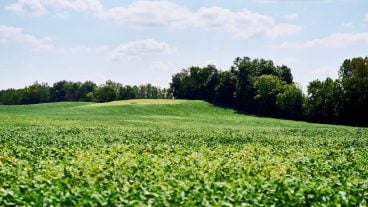
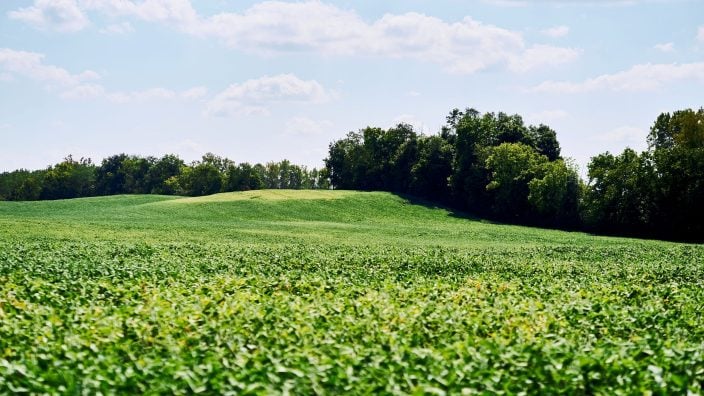
In 2025, about 21 counties are going through a reappraisal or update, and because Ohioans pay taxes one year behind, they will see new property tax bills in January 2026.
Read More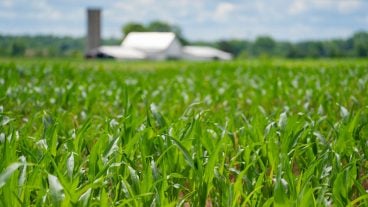
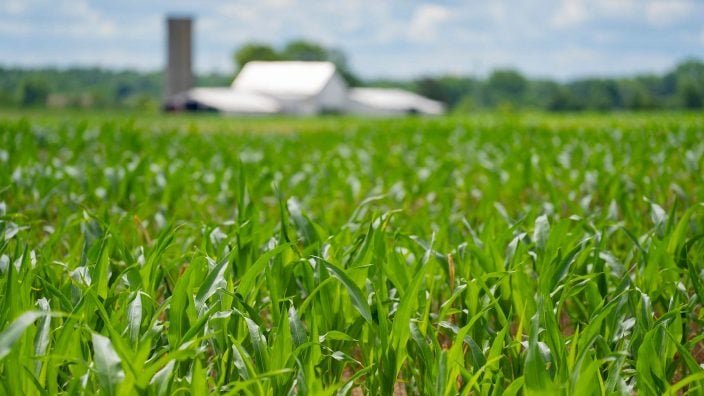
Any unlicensed handlers who use restricted use pesticides will need to have additional training. Farm Bureau will be working on legislation to give employers a choice on how to provide training.
Read More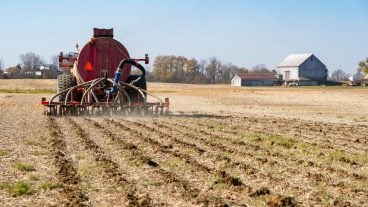
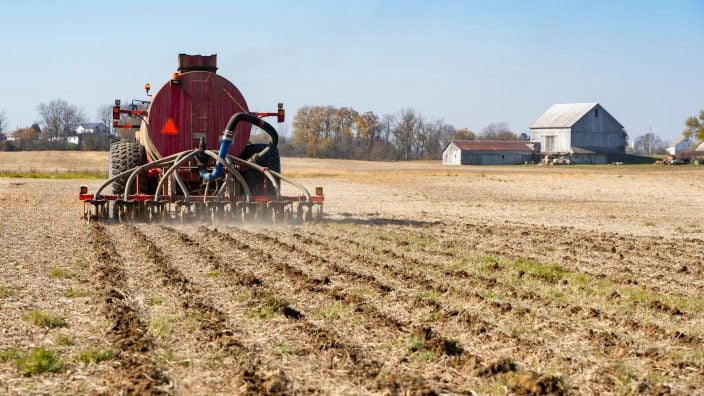
Current Agricultural Use Value is often discussed as a farmland preservation tool, but there are some other tools in the law that landowners can consider.
Read More

Update: As of Feb. 27, 2025, the Financial Crimes Enforcement Network announced no fines, penalties or enforcement action will be taken against companies based on failure to file or update BOI by March 21.
Read More

Update: As of Feb. 27, 2025, the Financial Crimes Enforcement Network announced they would not issue any fines or penalties or take enforcement action against companies based on failure to file or update beneficial ownership information reports by the March 21, 2025, deadline.
Read More

Update: As of Feb. 27, 2025, the Financial Crimes Enforcement Network announced they would not issue any fines or penalties or take enforcement action against companies based on failure to file or update beneficial ownership information reports by the March 21, 2025, deadline.
Read More